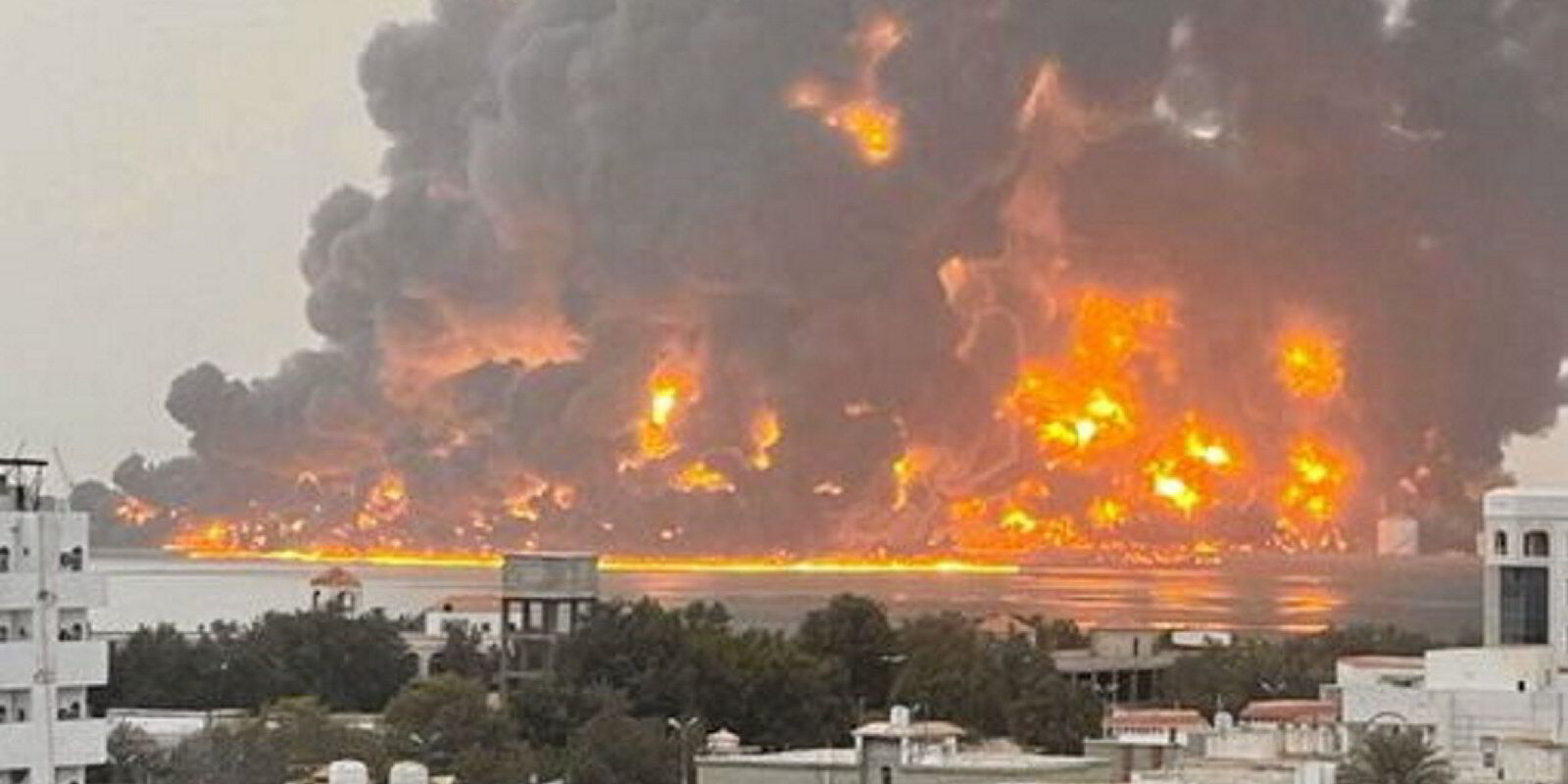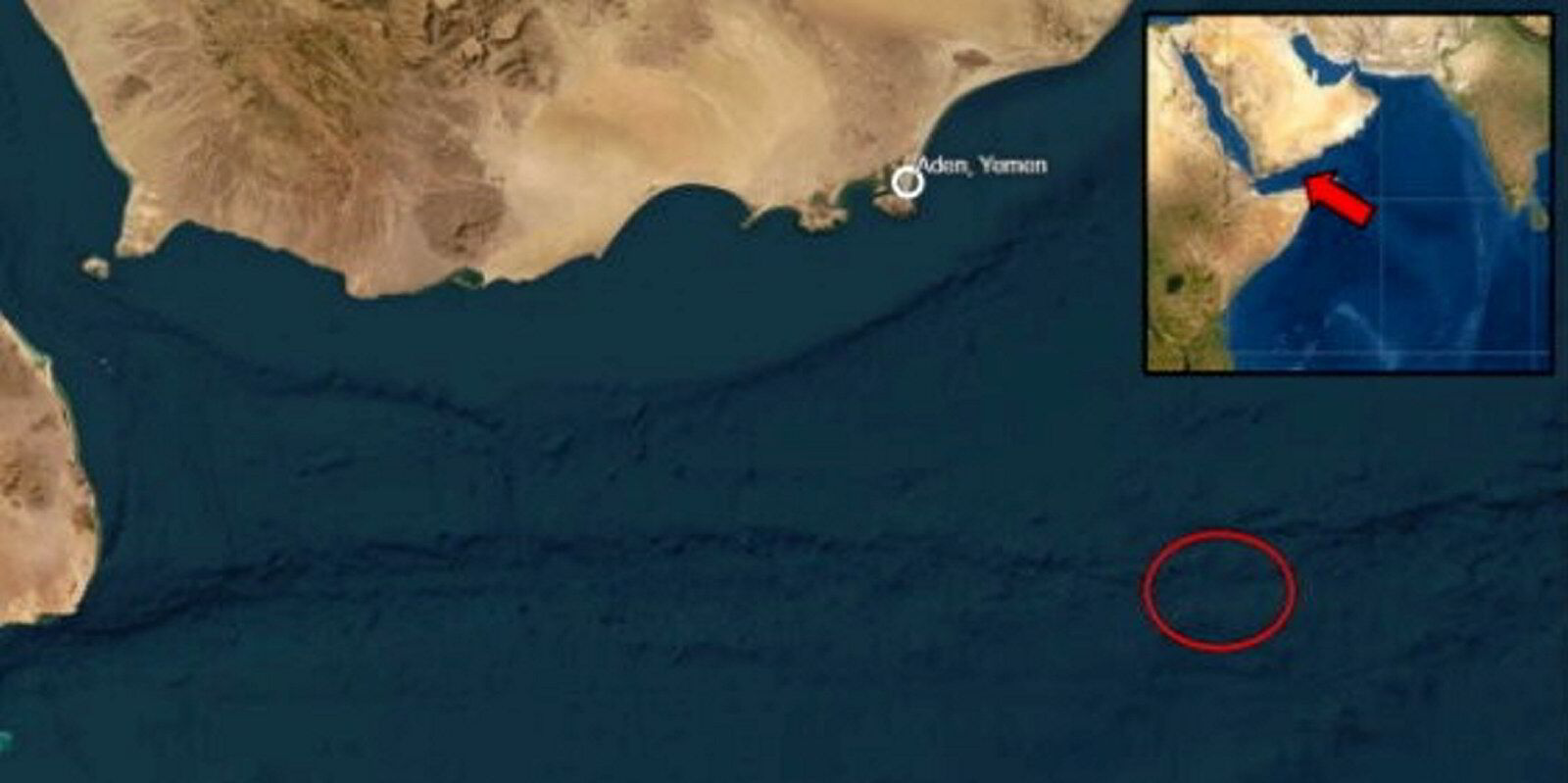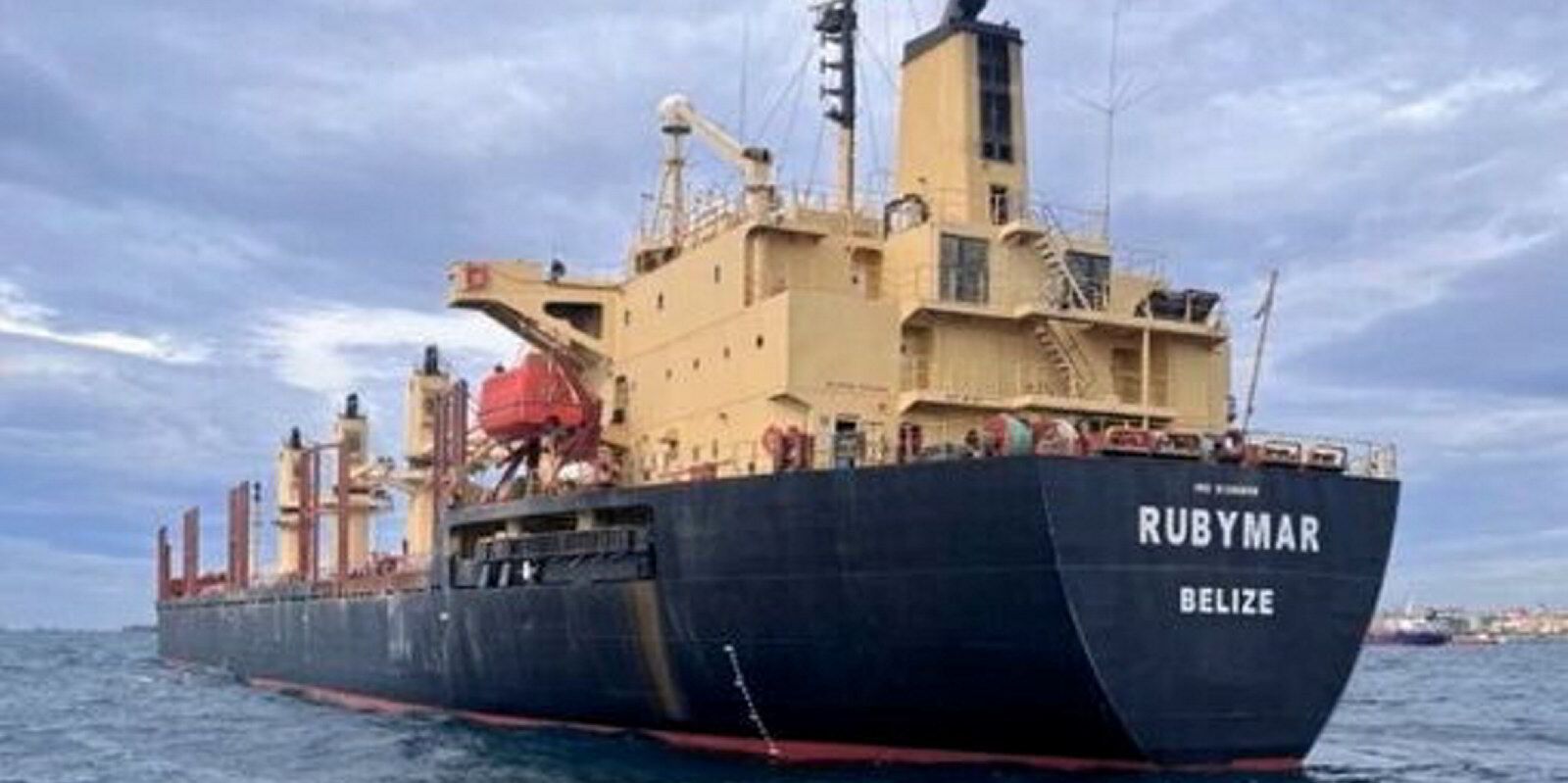Yemen’s Houthi rebels carried out a rare strike on an Israeli target by the Mediterranean Sea, only to see their own port of Hodeidah go up in flames a day later as the Israeli air force retaliated.
The incidents over the weekend suggest that the Red Sea crisis is more likely to deteriorate than de-escalate over the few next days, and that Houthi threats to strike onshore targets and ships in the Mediterranean are credible.
The latest escalation began on Friday when American and Israeli authorities confirmed that a drone struck a residential building in Tel Aviv, one block away from the local branch of the US embassy.
One Israeli citizen was killed.
Houthi spokesman Yahya Saree said the rebels used a new kind of drone for the operation called “Yafa”, which he claimed is able to “bypass the enemy’s interception systems” and is “undetectable by radars”.
Saree said the Houthis intend to use the same weapon against “a bank” of “sensitive military and security targets” in Israel.
Saree did not specifically mention ships on this occasion, but the Houthis have already claimed since the end of May to have attacked 11 ships in the Mediterranean as part of their campaign to put pressure on Israel to stop its war on the Palestinian Hamas group in Gaza.
As none of the strikes on ships have been independently confirmed so far, the launch of a new type of drone might represent a more acute danger for ships underway in the region.
The Houthi escalation, however, came at a price.
On Saturday, Israeli war planes unleashed a rain of fire on fuel stores in the Houthi-controlled port city of Hodeidah in the Red Sea.
The rebel group claimed that the Israeli attack caused six deaths and several injuries.
Ambrey Analytics said footage showed an extensive fire at the fuel depot and one of the port buildings.
The security company observed four merchant vessels in the port at the time of the airstrike and a further eight in the anchorage.
No damage to any ships has been reported yet.
The Israel Defence Forces said the airstrike was targeted at Houthi military assets in Hodeidah and the surrounding area.
It also claimed that the action targeted the port facilities to prevent the militia from importing Iranian weapons, as well as to cause financial damage.
“Vessels in the vicinity are advised to stay alert, minimise bridge manning and report any suspicious activity,” Ambrey said.
The cycle of violence is likely to continue.
“Jaffa [Tel Aviv] is no longer safe,” Houthi leader Abdul-Malik al-Houthi said on Sunday.
In a televised address, he described the “Yafa” drone as “purely Yemeni-made” and its use as the start of a new and “fifth stage” of the rebels’ campaign that began in November.
Meanwhile, Houthi attacks on ships continued over the weekend, with two operations against container ships recorded within 24 hours.
TradeWinds has already reported how Asiatic Lloyd’s 2,082-teu Lobivia (built 2001) was targeted by two missiles early on Friday in the Gulf of Aden, starting a fire that was put out by the crew.
On Saturday, it was the turn of the 5,060-teu Pumba (built 2006) to become the target of repeated attacks 64 nautical miles (about 120 km) north-west of Mocha in the Red Sea.
One missile, one air drone and a sea drone exploded near the vessel, resulting in “minor damage”, United Kingdom Maritime Trade Operations reported.
“Both the vessel and the crew are safe,” it added.
The Houthis described the Pumba as an “American” ship.
Databases list it as a Liberian-flagged vessel under the management of Singapore-based SeaLead Shipping.





